How many times have you wandered around your house and stumbled upon plugged devices that were not in use? It’s a common scenario in modern homes. While it may seem convenient, it comes at a cost—both in bills and compromised safety. Whether living on a homestead or in the city, it’s crucial to be mindful of the electrical devices you keep plugged in.
In today’s article, I’ll offer a comprehensive guide on everyday items you should always keep unplugged when not in use. So, let’s dive in!
Small Kitchen Appliances
While it’s impractical to unplug essential kitchen appliances like the dishwasher, oven, and fridge, there are others worth a second look. Think about your coffee maker, food processor, or microwave – they’re not always used, yet they continue to sip on electricity.
Especially those with flashy digital displays, like that little clock on your coffee maker, which constantly consumes energy, even when you’re not brewing your morning cup. So, when you are not using any of the small kitchen appliances, why not give them a break and unplug? It’s a small step for your energy bill and a big win for sustainability!
Chargers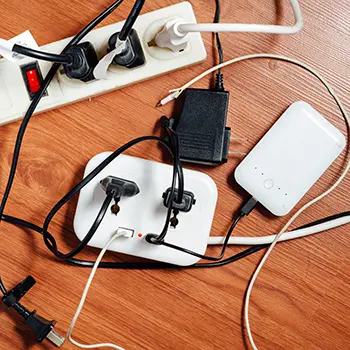
We often leave our chargers plugged in, even when our gadgets are good to go. It’s a habit many of us have, thinking we’re keeping our devices ready for action. However, this innocent-seeming habit can actually spark some big problems.
Leaving chargers connected to power outlets for extended periods can cause the internal components to heat up. Consequently, this overheating can potentially cause the filaments to burst and ignite a fire or even result in a short circuit. If you want to eliminate these risks, it’s important to unplug that charger next time you’re done charging your phone or tablet.
After all, it’s always better to be safe than sorry!
Unnecessary Lighting
Lamps, string lights, and other unnecessary lighting can be real energy vampires. They do add ambiance to your space but leaving them on when not needed is wasteful.
Not only does it contribute to higher bills, but it also generates unnecessary heat inside your living space. This can be particularly problematic during warmer months or in regions with hot climates.
Make it a habit to switch off lights or unplug lamps when you’re not using them. Additionally, consider installing motion sensors to turn off lights automatically when no one is around. Ultimately, it’s a simple way to save energy and reduce your electricity bill.
Related: 8 Solar Powered Items You Should Have on Hand
Outdoor Equipment
Outdoor equipment is often overlooked when it comes to unplugging, but it’s just as important. Items like lawnmowers, leaf blowers, and hedge trimmers can draw power even when they’re not in use if they’re left plugged in.
Moreover, outdoor outlets are often more exposed, which can increase the risk of electrical hazards if devices are left connected. Rain or moisture can easily damage the equipment or cause a short circuit.
To reduce such risks, ensure to unplug outdoor equipment after using them. Additionally, consider using outdoor-rated extension cords and covers for outlets to protect them.
Entertainment System
Keeping your TV, sound system, and gaming console constantly plugged in might seem harmless, but it’s not. Even when not in use, these devices continue to draw power, raising your electricity bill and shortening their lifespan.
To avoid such mishaps, unplug your entertainment system ASAP when not in use. While it may be tempting to leave these gadgets on standby for quick access, consider the benefits of disconnecting them.
Related: 7 Powerless Items You’ll Need After An EMP
Electric Water Heater
While it’s convenient to have hot water on demand, constant power usage leads to higher bills. Plus, it’s not just about the money—keeping the heater running non-stop can be dangerous.
Malfunctions or overheating might cause fires or other hazards, risking your home and family. Therefore, it’s crucial to consider both energy usage and safety concerns when dealing with electric water heaters.
Extension Cords
Extensions can be a huge blessing when you have a single power outlet but plenty of devices to connect. Nonetheless, just like any electronic device plugged into the power grid, extension cords can also be hazardous.
First and foremost, these cords always have a power light turned on in them, which constantly consumes energy. Additionally, if there are youngsters around or you yourself are a super-clumsy individual, keeping them plugged in is a huge no-no. Consequently, this can increase the chances of you or anyone tripping over them.
So, the next time you are done using your extension cord, tie it up neatly and store it in your cupboard. I’m sure taking it out and connecting it in again is better than inflicting damage upon yourselves!
Water Pumps
Water pumps are vital for many homesteaders but can also quietly contribute to energy consumption. Even when they’re not actively pumping water, these machines may still tap into power, resulting in unnecessary energy usage.
Furthermore, leaving pumps plugged in can pose safety risks. Accidents or injuries could occur due to malfunction or entanglement in cords. Ultimately, unplugging water motors when not in use is a wise decision to eliminate such risks.
Washing Machines
Washing machines often have standby modes or keep consuming power even when not actively used. By unplugging your washing machine when it’s not in operation, you can minimize this standby power usage and save energy.
Additionally, disconnecting your washing machine when not in use also serves as a safety precaution. Electrical faults or malfunctions in appliances left plugged in can sometimes lead to fire hazards, posing a risk to your family.
Moreover, if you live in a household with pets or small kids, unplugging the washing machine is more important. Curious pets or children might accidentally turn on the machine or get tangled in cords. Therefore, unplugging the washing machine when idle is energy-efficient and safer for everyone at home.
Standby Fans or Heaters
Standby fans or heaters might seem harmless when not in use, but they’re using up energy and making your bills higher. These appliances often have standby modes that keep them ready to go. However, here’s the catch: they keep consuming power even when you’re not using them.
Make a habit of unplugging standby fans or heaters, especially when you don’t need them for a while. It’ll save you money on your bills and keep your electrical system from working too hard.
So, there you have it—a list of everyday things quietly using up energy and secretly posing safety hazards. From small kitchen gadgets to outdoor tools, each unplugged device is a step towards a greener and safer home. Therefore, once you’re done using your chargers or any other appliances, tidy up the cords to save yourself from unnecessary stress.
Unplug, relax, and enjoy the benefits of a more energy-conscious lifestyle now!
Modular Backyard Power Plant Review
Why You Should Never Hide Your Stockpile In Your Basement (Video)
10 Items To Stock Up On Before Hyperinflation Hits
5 Ingenious Methods To Get FREE WATER In All 50 States During A Crisis

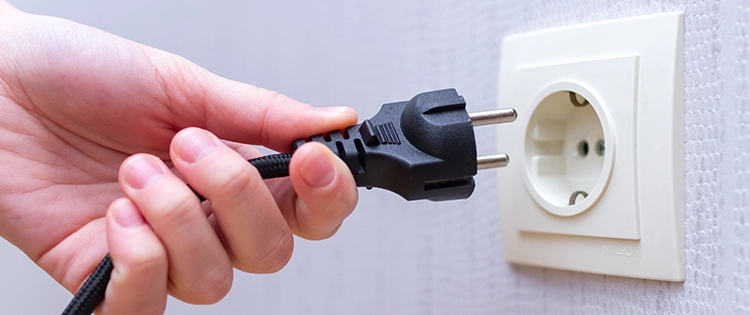
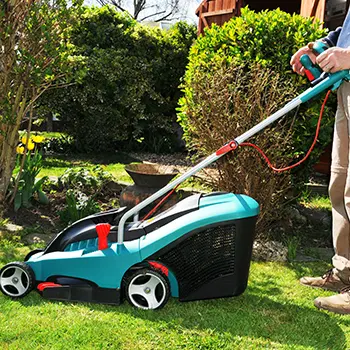
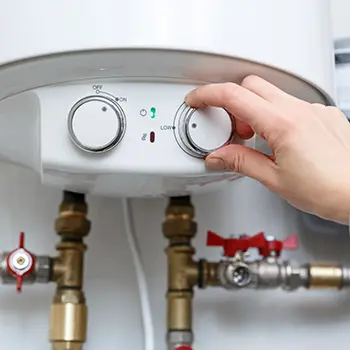
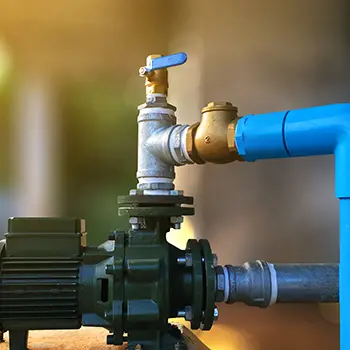









In the UK and the EU, electrical outlets have an off/on switch that kills power to the outlet itself. Electricity is so much more expensive there that they look for every opportunity to conserve- so you only turn on electrical outlet when you actually are actively using something, plugged into that outlet. Much smarter than ourwasteful ways in North America!